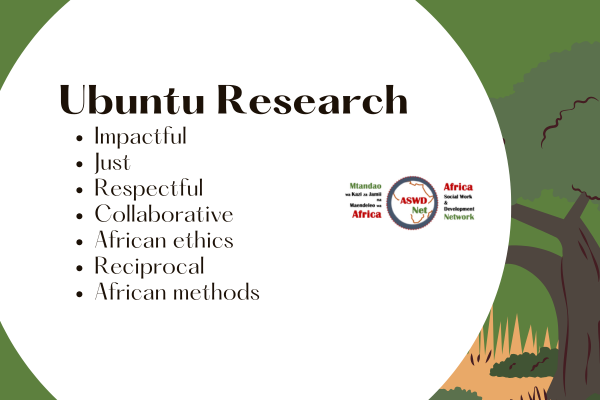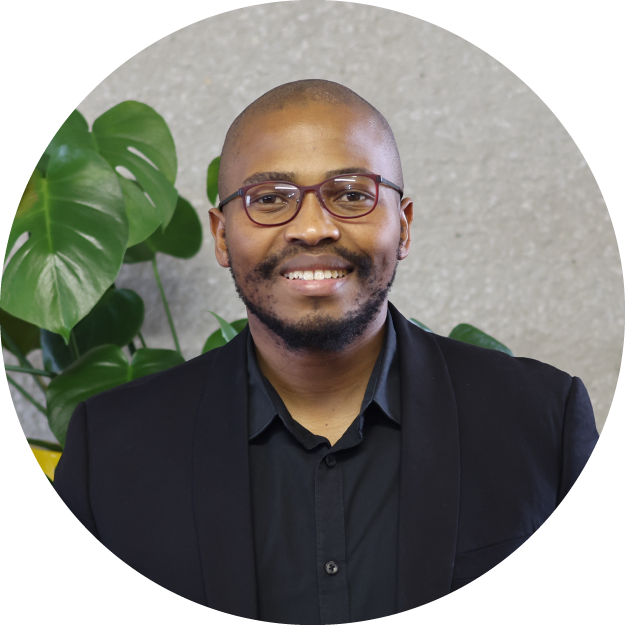YOU ARE HERE
»
Home
»
Admin ASWDNet
»
Mosquitoes, mistrust and the marginalisation of African researchers

Mosquitoes, mistrust and the marginalisation of African researchers
Malaria remains one of Africa’s deadliest diseases, killing hundreds of thousands each year, particularly children under five. Despite progress in treatment and prevention, the continent still carries the heaviest burden of malaria worldwide.
The suspension of the Target Malaria project in Burkina Faso has sparked wide debate about who controls research and whose interests are served. The initiative, funded largely by the Bill & Melinda Gates Foundation and led by scientists at Imperial College London, positioned African researchers mainly in technical roles such as breeding, rearing, securing and releasing mosquitoes. Meanwhile, the main experiments, discoveries, and research decisions were conducted in the United Kingdom.
Target Malaria was presented as an ambitious scientific effort to fight malaria by using genetic modification to reduce mosquito populations. The approach involved altering the genes of mosquitoes, especially the Anopheles species that transmit malaria, so that they would either become infertile or produce more male offspring, leading to a decline in the population over time. Supporters argued that this could be a revolutionary step toward ending malaria deaths. Critics, however, questioned its ecological risks, its ethical foundations, and the heavy reliance on African communities as the testing grounds for technologies developed abroad.
This imbalance reflects a long-standing pattern in global science where Africa is treated as a site of experimentation while the power to design, interpret and benefit from research is held elsewhere. For social work and development, the implications are far-reaching.
Trust and community engagement
Social work is grounded in relationships of trust. Communities in Burkina Faso and across Africa have voiced scepticism towards Western-led genetic projects and billionaire-funded interventions. When the research is perceived as externally imposed, and when decisions are taken in London rather than Ouagadougou, mistrust deepens. Social workers working in health and community development must help to address these fears by advocating for transparency, genuine consultation, and culturally sensitive communication.
Ethics and sovereignty
Development work should enhance local sovereignty, not erode it. When African scientists are restricted to technical tasks, it creates a hierarchy where decision-making power lies outside the continent. This reproduces colonial patterns and undermines self-determination. Social workers, as advocates for social justice, have a responsibility to challenge practices that marginalise African voices. They can help ensure that ethical principles, including equity and fairness, guide international collaborations.
Capacity building and knowledge production
A key goal of development is capacity building, yet projects like Target Malaria risk reinforcing dependency. By keeping high-level experimentation and intellectual leadership in institutions such as Imperial College London, Africa is denied opportunities to strengthen its own scientific infrastructure. Social work education and policy can push for investment in local laboratories, research centres, and training opportunities that enable African scientists to lead rather than follow.
Funding, priorities and accountability
The heavy involvement of philanthropic funders such as the Bill & Melinda Gates Foundation introduces additional layers of complexity. While such organisations claim to support global health, they often set priorities without full consultation with the communities most affected. This top-down approach can sideline African agendas and weaken accountability. Social work can play an important role in questioning whose interests are served by these projects and in demanding that community needs guide funding decisions.
The bigger question of mistrust
The mistrust is not limited to mosquitoes. It reflects a broader concern about Western research, genetic technologies, and billionaire philanthropy that appear disconnected from African realities. Communities are wary of being used as subjects in experiments that may benefit others more than themselves. Social workers, with their commitment to advocacy and empowerment, are well placed to amplify these concerns and press for fairer partnerships.
Moving from marginalisation to leadership: implications for social work and development researchers
The Target Malaria project was promoted as a fight against malaria, but its suspension highlights a deeper struggle: Africa’s fight for research sovereignty. Until African researchers move from rearing mosquitoes to leading experiments, and until African communities have real authority in scientific decision-making, mistrust will persist.
For social work and development, the lesson is clear. Science cannot be separated from justice, participation, and power. Building trust, ensuring equity, and strengthening African research leadership are not optional extras. They are essential to creating sustainable and just solutions for health and development on the continent.
Use the form below to subscibe to Owia Bulletin.
Discover more from Africa Social Work & Development Network | Mtandao waKazi zaJamii naMaendeleo waAfrika
Subscribe to get the latest posts sent to your email.



